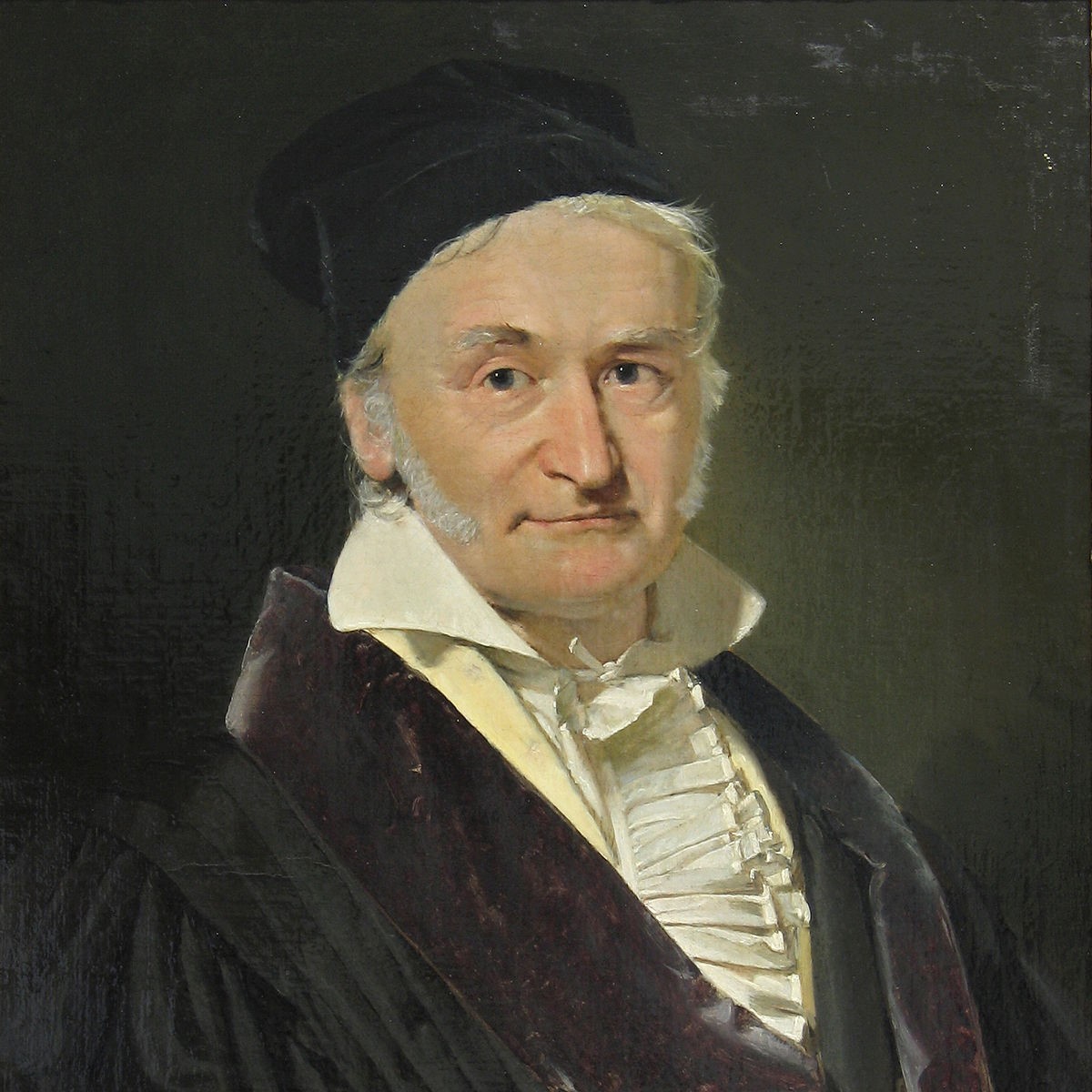
Carl Friedrich Gauss
Carl Friedrich Gauss is among the historical mathematics personalities most people know today. Gauss was born on April 30, 1777 in the Duchy of Brunswick-Wolfenbüttel, Germany and it became evident that he was a child who was born to become prodigy worthy of achieving much in life.
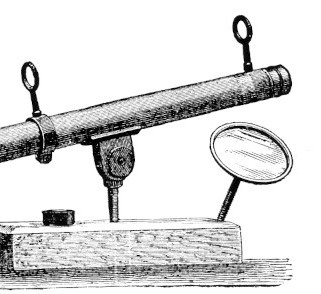
The first prodigy of Gaussian accomplishments was at the age of 14 when he amazed the academic world drawing a regular heptadecagon using only the compass and the straightedge. One of his earliest achievements, which mathematicians of earlier centuries had failed to solve was that they calculated ‘pi’.
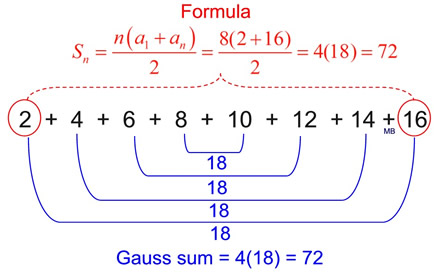
Number theory or the science of numbers was a field, in which Gauss made remarkable advances. Some of these were work on quadratic residues, prime numbers and the arithmetic of the congruence which provided the magma for modern number theory. Of all his works, Disquisitiones Arithmeticae is the most important work in the area.
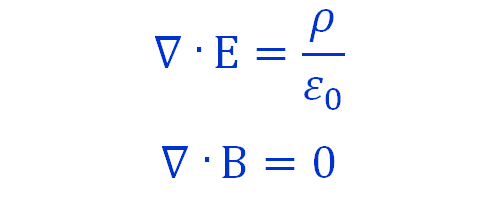
Thus, Gauss had talents not only in the sphere of pure mathematics. In astronomy he originated the method of least squares, which has become one of the most important statistical procedures useful in sciences of all kinds. His efforts in the field of celestial mechanics was awarded with Copley medal from the Royal society of London.
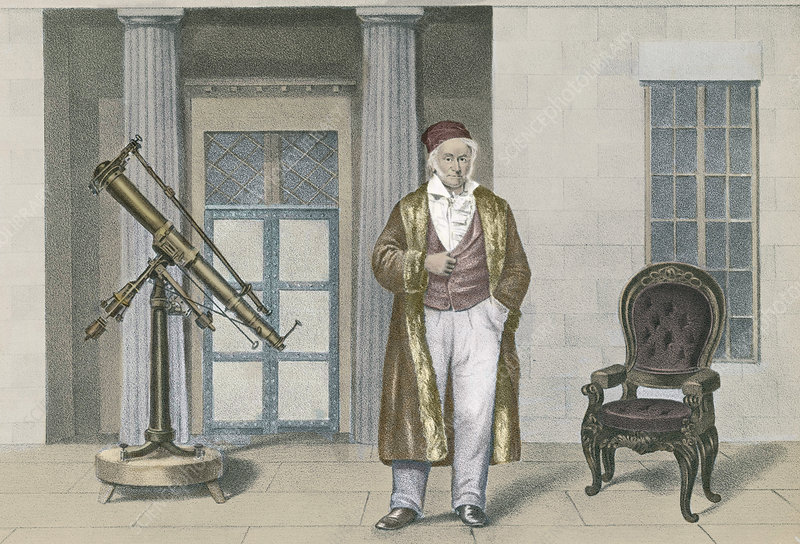
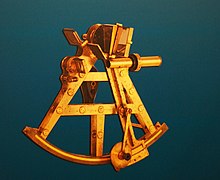
In analysis Gauss looked into surfaces and measures intrinsic rather than extrinsic curvature that gave way to non-Euclidean geometry. This creative piece revolutionized people’s perception towards space and the universe, as defined by Euclidean geometry.
Nevertheless, his valuable contribution to the field of mathematics, he was a rather introverted man and preferred to stay out of the forums and be engrossed in his work. But he was also a hardworking teacher and explained a great amount of information to students.
All these characteristics make Gauss one of the greatest mathematicians and scientists who left their imprint on the development of mathematics. Many of his findings in number theory, astronomy, and geometry are still considered revolutionary up to this time, thus, the totality of his contributions helped enriched the body of human knowledge. Carl Friedrich Gauss is apt to be viewed as guide and companion for spelunking science’s ever expanding subterranean.